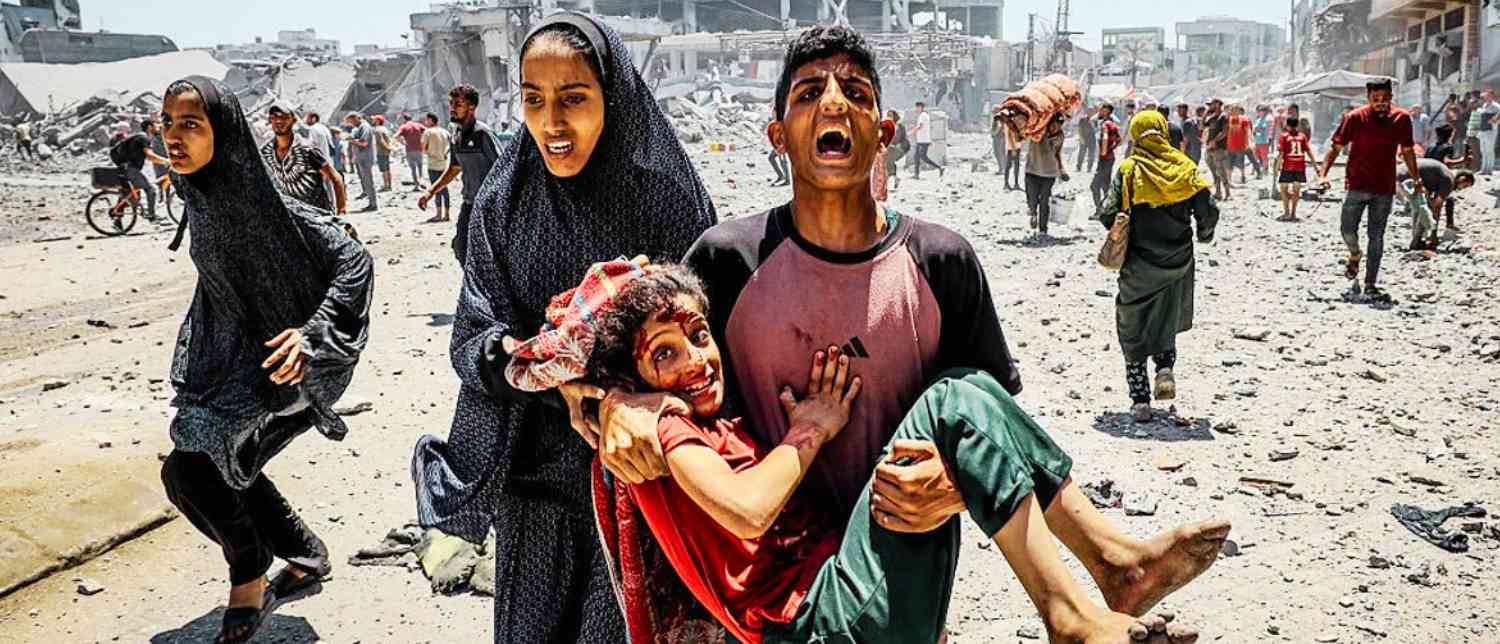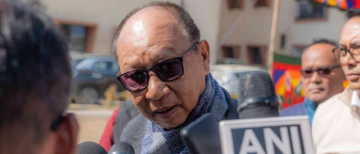Thousands of Palestinians have been displaced as violence continues in Gaza and the West Bank amid escalating Israeli military operations, raising grave concerns from international organizations about widespread forced displacement and potential war crimes. Since October 2023, over 6,400 Palestinians have been forcibly removed from their homes in the West Bank alone, with tens of thousands more fleeing from Gaza due to intensified military actions and home demolitions.
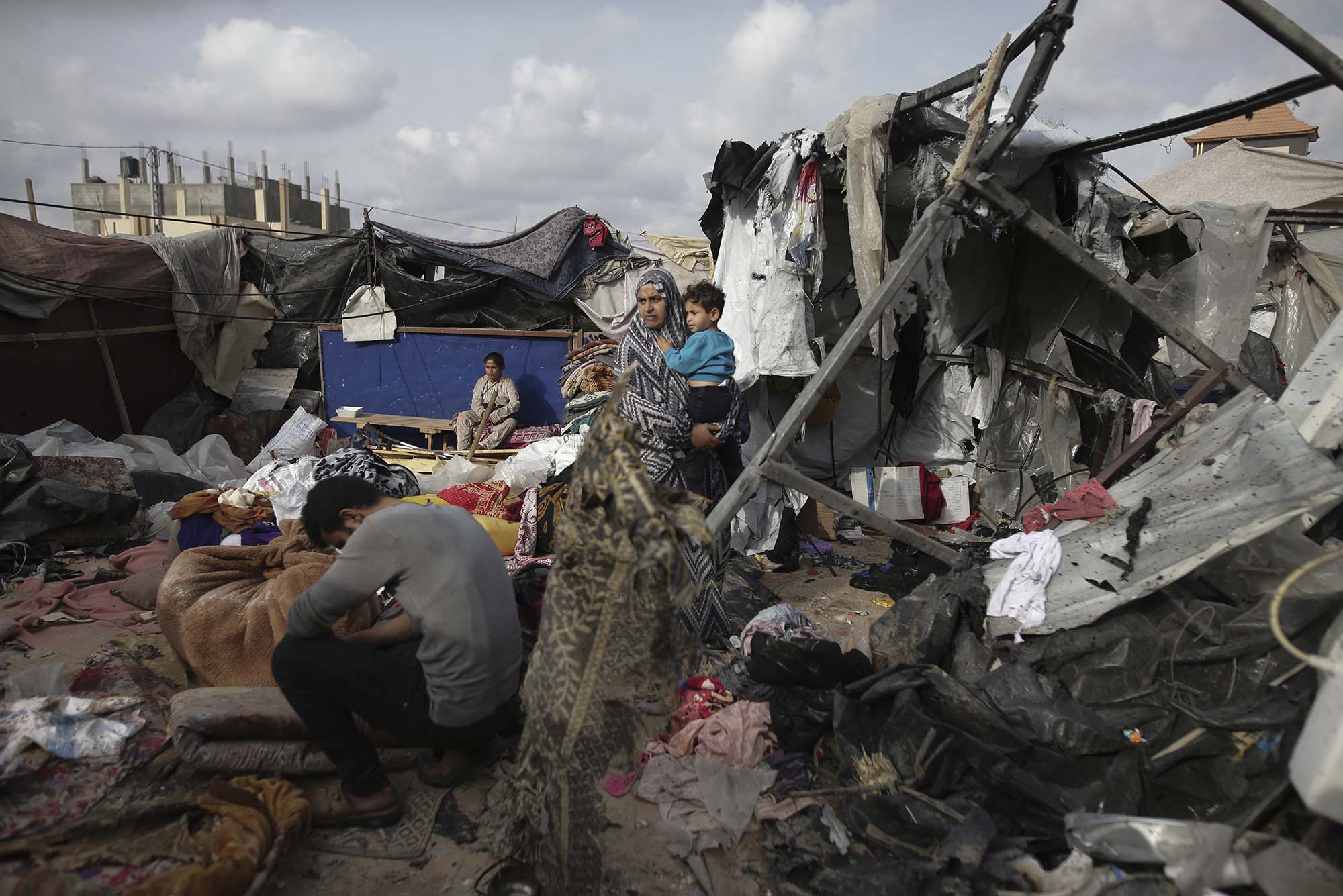
The United Nations reports nearly 1.9 million Palestinians—about 90% of Gaza’s population—have been displaced during the ongoing war, many forced to flee repeatedly amid severe living conditions including lack of clean water, sanitation, and shelter. The Israeli military’s repeated evacuation orders have pushed civilians into overcrowded, shrinking safe zones, exposing them to hunger, disease, and constant bombardment. The conflict has destroyed critical infrastructure and rendered large parts of Gaza uninhabitable.
Amnesty International and UN experts have characterized Israel’s actions as genocidal or constituting war crimes due to the deliberate targeting of civilian homes, displacement shelters, and vital services, combined with policies that restrict humanitarian aid and trap displaced people in dangerous conditions. Israel denies these accusations but continues its military campaign citing security reasons following the deadly Hamas attacks in October 2023.
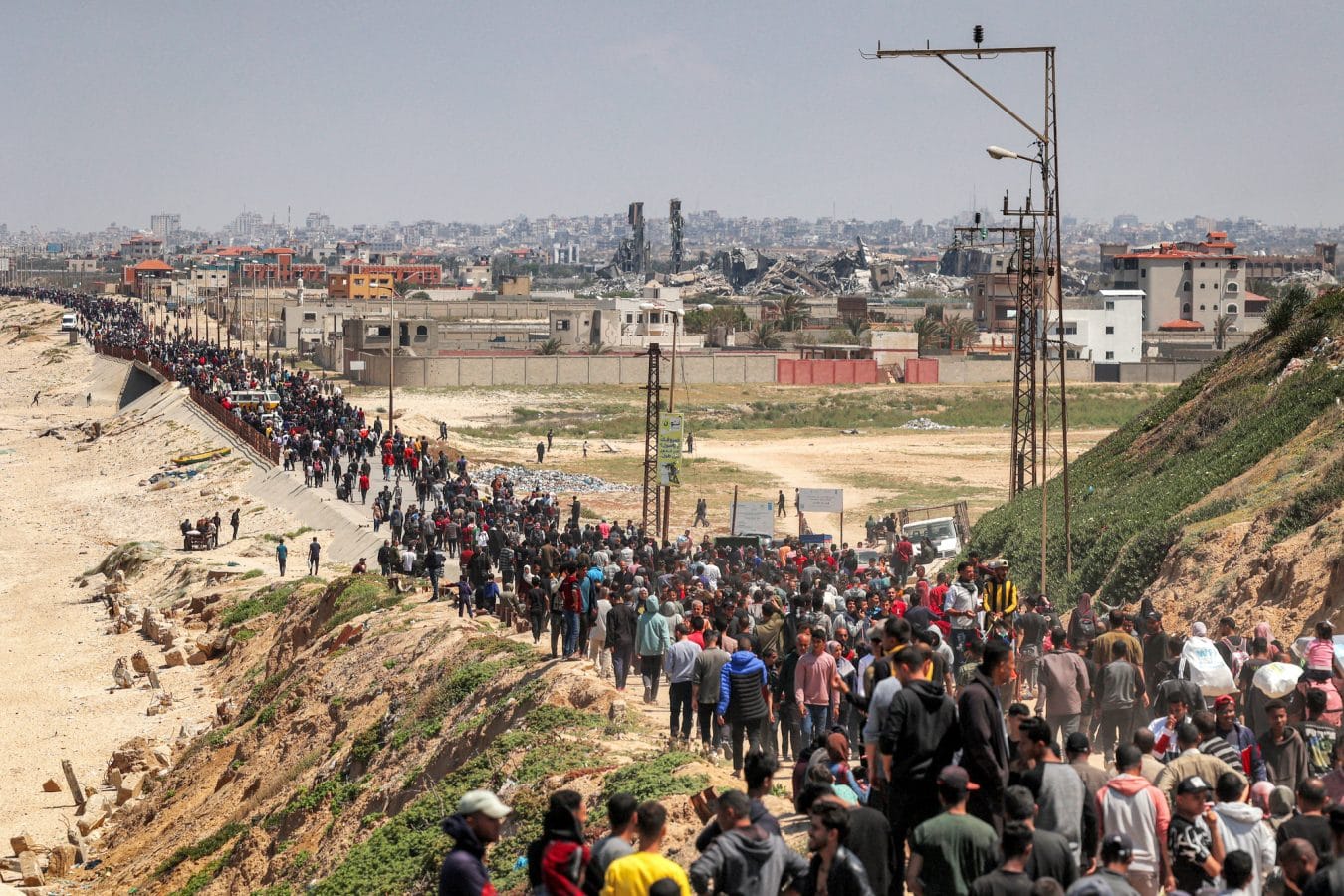
The situation in the West Bank is also dire, with Israeli authorities enforcing demolitions of Palestinian homes in areas designated for military use, such as the Masafer Yatta region. This has further displaced thousands and threatens entire communities with forced transfer. Meanwhile, settler violence continues to harass Palestinians, worsening the insecurity.
Many displaced Palestinians come from families with histories of displacement dating back to the 1948 Nakba, when hundreds of thousands fled or were expelled during the creation of the Israeli state. This generational suffering adds to the trauma of current forced removals.
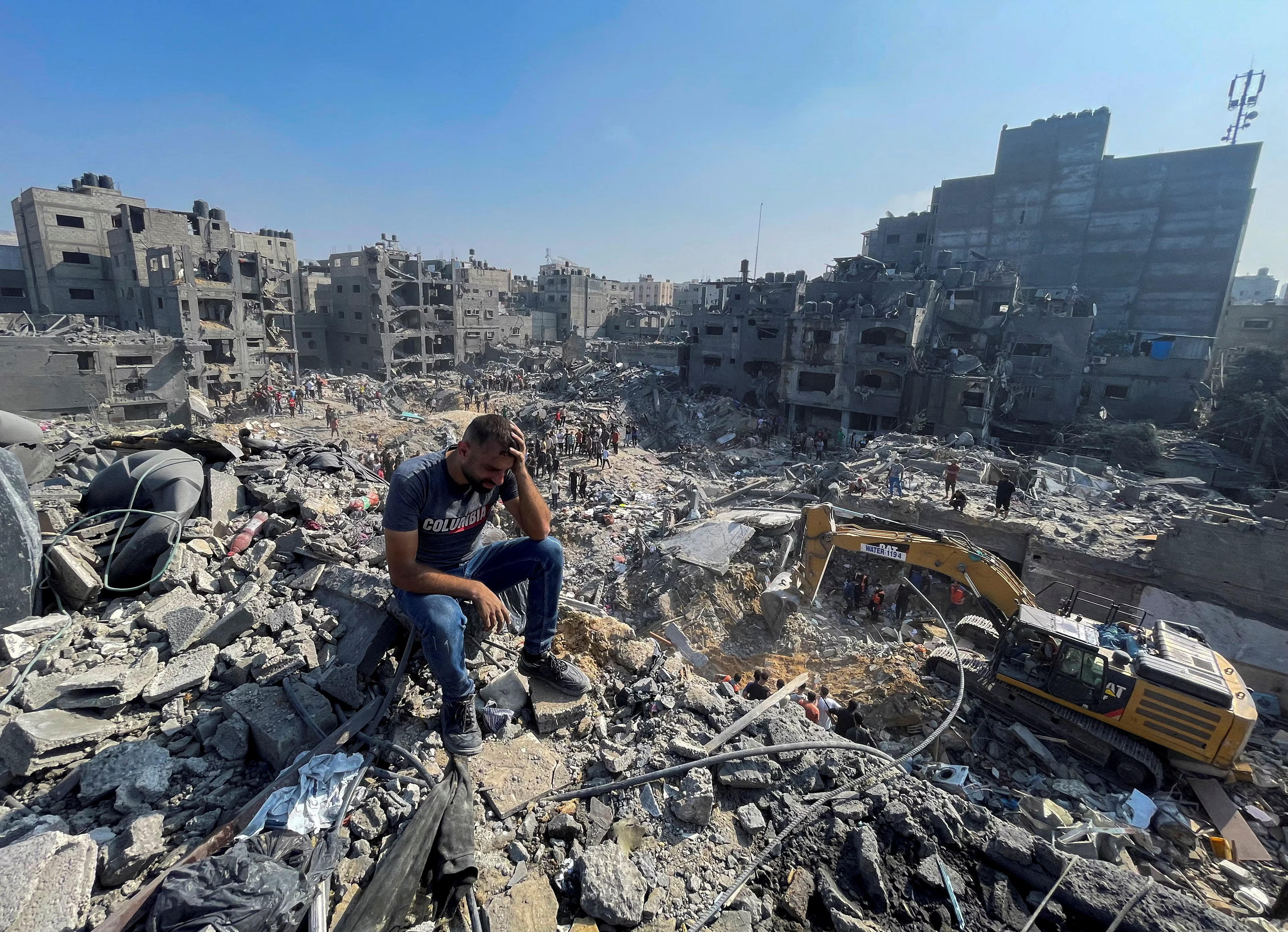
The humanitarian crisis is compounded by international delays and disagreements over ceasefire calls and aid access. While the global community expresses concern, little effective intervention has prevented continued violence and mass displacement. Many observers view this as a catastrophic failure to protect civilians in an intensifying conflict marked by disproportionate impacts on Palestinian populations.
The ongoing displacement crisis represents not only a tragic human toll but also a persistent obstacle to lasting peace. The large-scale uprooting of Palestinians challenges international laws designed to protect civilians during occupation and armed conflict. The destruction of homes and attempts to control land through forced transfers deepen divisions, mistrust, and suffering on all sides.
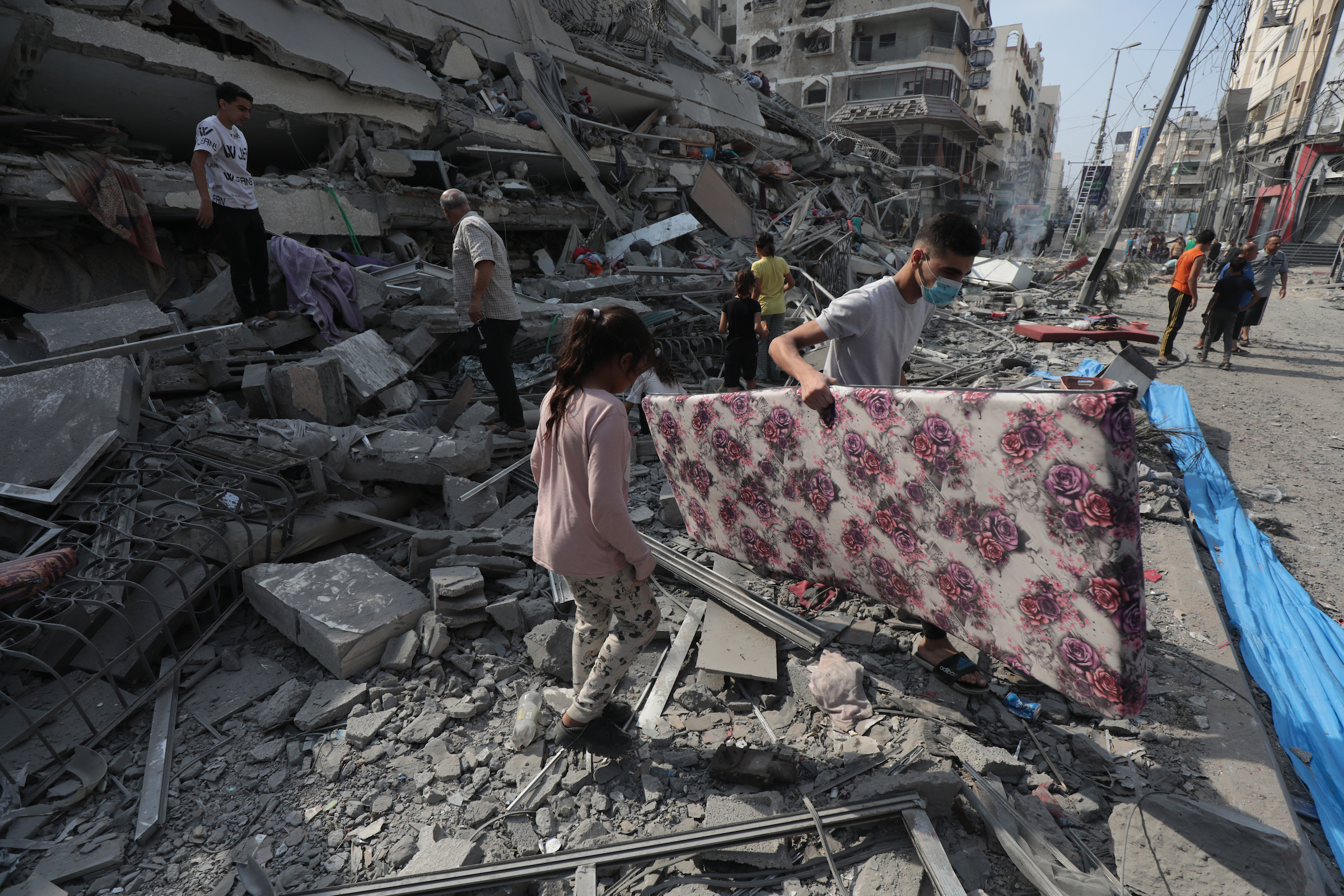
Moving forward, many experts emphasize the urgent need for sustained humanitarian access, protection of civilian areas, and renewed diplomatic efforts aimed at addressing root causes and preventing further loss of life and displacement. Awareness of this crisis continues to grow globally, accompanied by calls for accountability and respect for human rights to ensure that no more communities are uprooted under threat of violence.
This painful chapter in the long Israeli-Palestinian conflict highlights the complex human consequences of military escalation and occupation, underscoring the necessity of international engagement that prioritizes civilian protection and seeks justice for displaced populations. The thousands of Palestinians fleeing violence today reflect a broader story of resilience amid adversity but also a crisis demanding urgent resolve to prevent further humanitarian disaster and promote peace.
With inputs from agencies
Image Source: Multiple agencies
© Copyright 2025. All Rights Reserved. Powered by Vygr Media.

